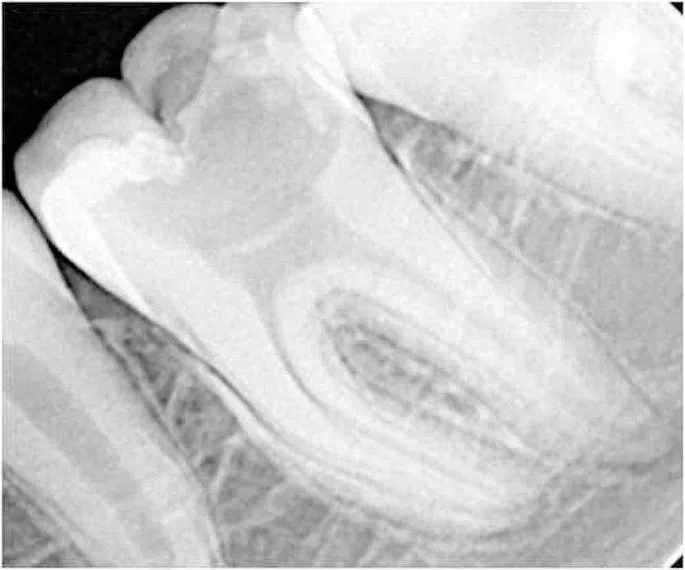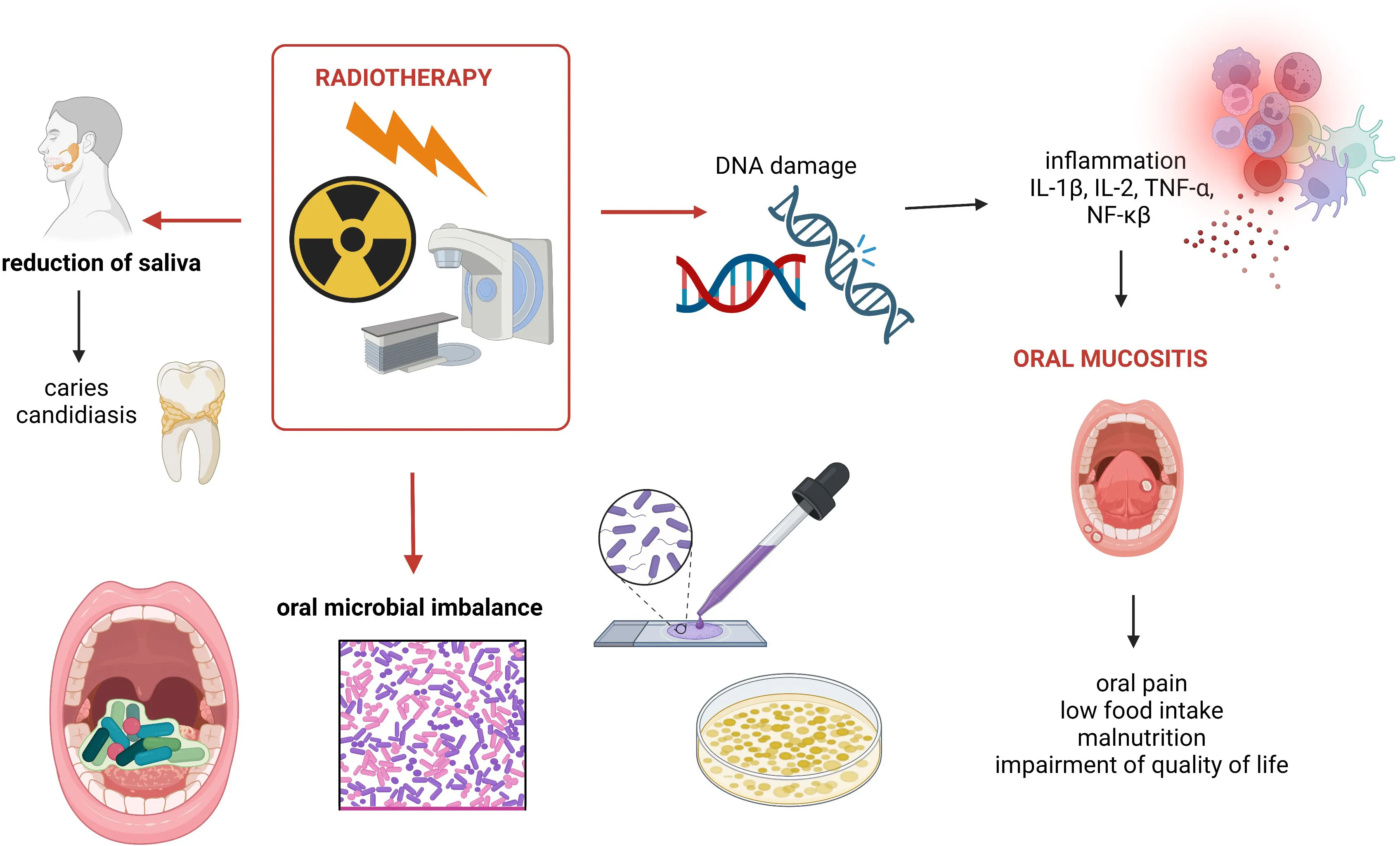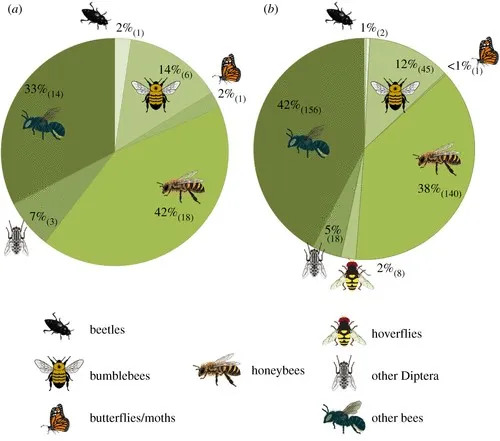اتجاهات
Preventive Measures to Prevent the Abuse of Mydrapid and Plegica eye Drops as Narcotics in Palestine
Anti-Cancer Therapy Options in Pediatric Patients, Prevalence of Oral Mucositis, and Treatment Strategies in Saudi Arabia: A Cross-Sectional Survey
Biometrics System and its Uses in Forensic Science
Preventive Measures to Prevent the Abuse of Mydrapid and Plegica eye Drops as Narcotics in Palestine
Anti-Cancer Therapy Options in Pediatric Patients, Prevalence of Oral Mucositis, and Treatment Strategies in Saudi Arabia: A Cross-Sectional Survey
Deep caries lesions require effective management techniques to preserve
pulp vitality and promote tertiary dentin formation. This study aims to
investigate the preferred management methods for deep carious lesions and pulp
exposure among dentists in Saudi Arabia. The study employed a cross-sectional
design, distributing a printed and online questionnaire to dentists in public
and private dental clinics across different Saudi cities. The sample size
calculation determined a minimum of 420 respondents, and the questionnaire
design followed the STROBE guidance and checklist. Data analysis was conducted
using SPSS, employing descriptive statistics and binary logistic regression
modeling. The study received approval from the Research and Innovation Center
of the College of Dentistry at Riyadh Elm University, and informed consent was
obtained from all participants. The study highlighted the importance of
obtaining patient information, conducting radiographic assessments, and
performing pulp tests for accurate diagnosis and treatment planning. Gender and
age differences were observed in the preferred preoperative procedures, with
female dentists more inclined towards rubber dam isolation and older dentists
favoring electric pulp testers and non-selective caries removal techniques. The
majority of dentists preferred selective caries removal to preserve healthy
dentin and reduce the risk of pulp exposure. Calcium hydroxide and GIC were
commonly used lining materials following deep caries management. The study
provides valuable insights into the current practices and decision-making
processes of Saudi dentists, emphasizing the significance of comprehensive
patient assessment, radiographic evaluation, and pulp testing. The study
findings contribute to advancing knowledge in the field of deep caries
management and can guide improvements in dental practice and education.
شارك هذا المنشور:

Khaled Alghulikah
Assistant Professor in Restorative dentistryAssistant Professor in Restorative dentistry Department of prevention Submitted to the Course Director of SRW 623 Riyadh Elm University Riyadh, Kingdom of Saudi Arabia Date submitted: 16/05/2023








